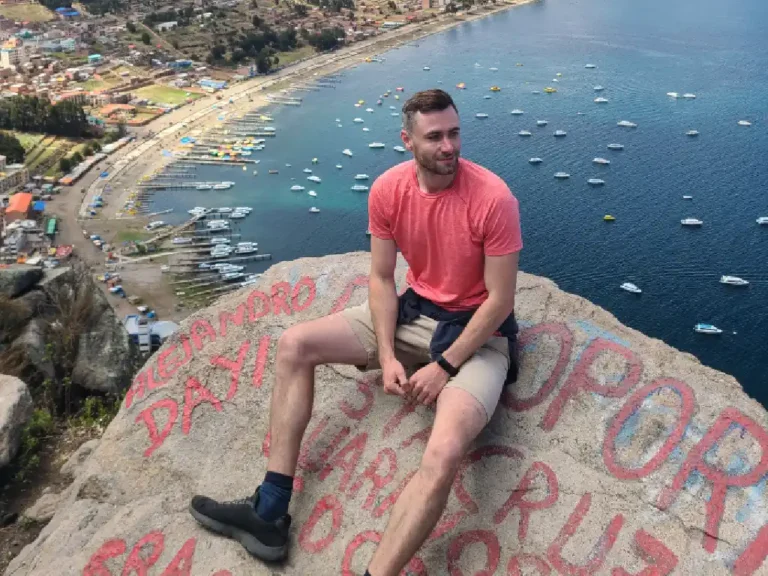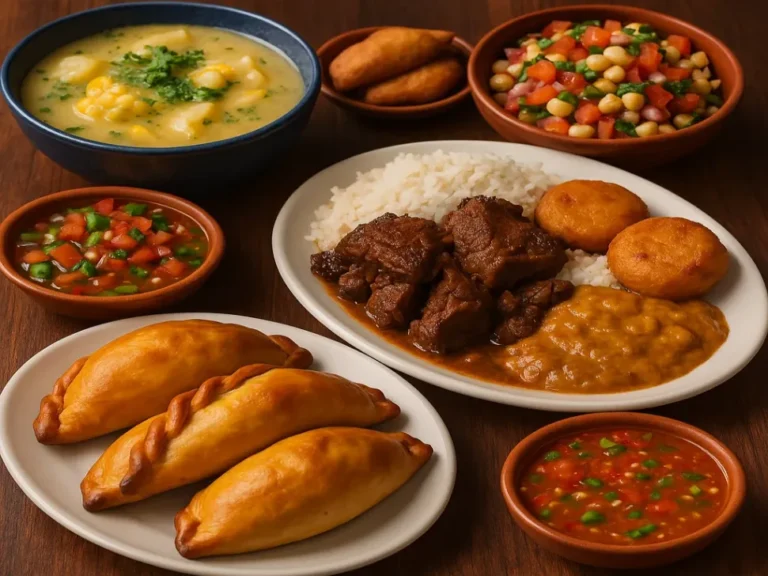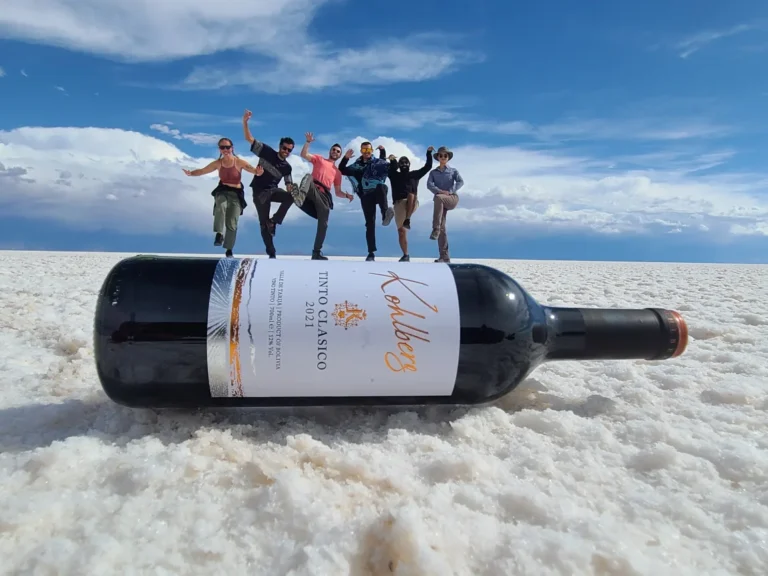Who Is Bolivia Named After? A Revolutionary Tale
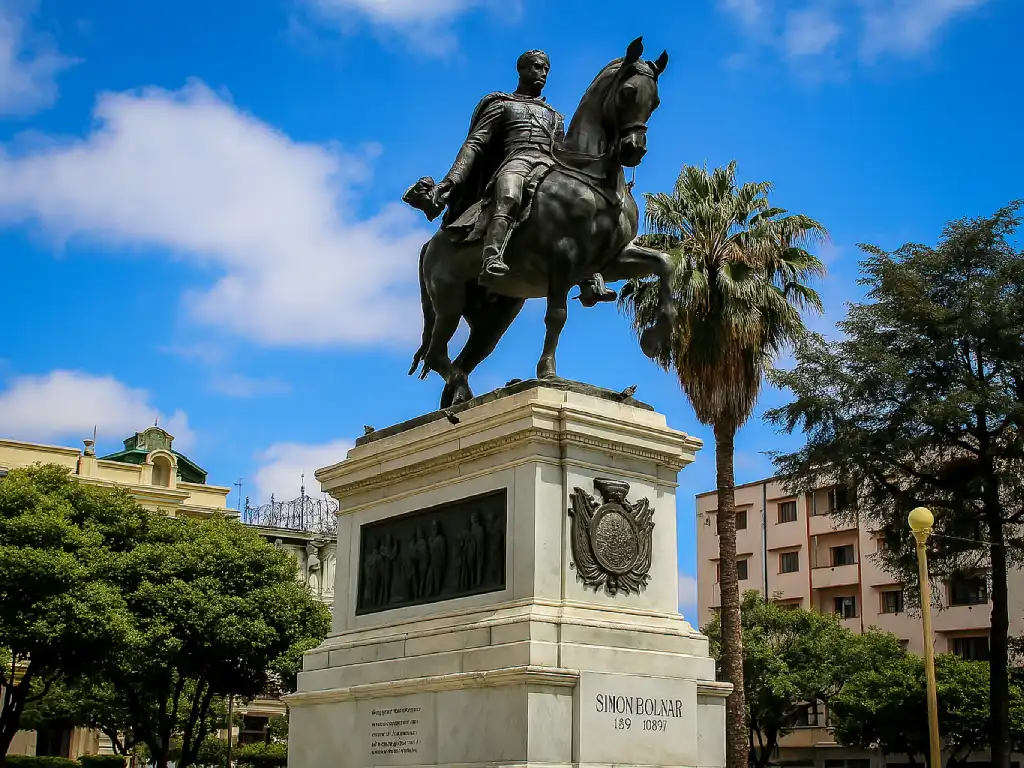
You’ve probably heard the name Bolivia loads of times – maybe while planning a trip, or playing GeoGuessr or like me as a teenager trying to remember the order of countries in South America (yes I was a bit odd). But have you ever stopped to ask: who is Bolivia actually named after?
Turns out, there’s a real chap behind it. And not some old colonial general or king – someone with a bit of a revolutionary pizzazz.
The name comes from Simón Bolívar
There you go – article over.
But I’m gonna hazard a guess knew your appetite for knowledge hasn’t been sated just yet..
So here’s the deal: Bolivia is named after Simón Bolívar, a Venezuelan-born military leader who played a massive role in freeing several South American countries from Spanish colonial rule. The man was basically South America’s answer to George Washington except with more sword fights & dramatic portraits.
He led campaigns across Venezuela, Colombia, Ecuador, Peru & eventually helped liberate the region that would become Bolivia. The country got its independence in 1825 and as a big ole thank-you gesture, they named it after him.
Fun fact: Bolivia is one of the few countries named after a real person, & even rarer for how closely it mirrors their surname. It started as “República de Bolívar” before getting the slight rebrand to Bolivia. Did you also know Colombia was named after none other than Christopher Columbus? Spoiling you with the country-name facts today!
There’s a whole bunch more where that came from – here are some of my favourite random facts about Bolivia that range from spooky to downright bizarre.
Want to also get a sense of how Bolivia honours his legacy today? Check out a traveller’s guide to exploring Bolivia for some of the key places tied to the country’s past & present.
Who founded Bolivia?
Technically, Bolivia was “founded” as an independent nation in 1825 by a congress of local leaders after liberation from Spain. Simón Bolívar helped secure the win, but it was Antonio José de Sucre, his right-hand man, who formally led the founding process.
It almost wasn’t “Bolivia” at all
Originally, the newly independent region was referred to as Upper Peru, which makes sense geographically but sounds more like a compass direction than a country. Some peeps wanted to stick with that. Others pushed for “Republic of Bolívar.”
It was a politician named Manuel Martín Cruz who suggested tweaking the name slightly – turning Bolívar into Bolivia, which apparently sounded a bit softer, more nation-like. It stuck.
(If you click through to the link there’s actually only a Spanish wiki page so toggle the English button on for English translation, unless you fancy a challenge!)
Bolívar himself wasn’t even expecting it. He wrote in a letter that the honour was “excessive” – which is probably what I’d say too if someone named a whole country after me, but secretly I’d be buzzing.
Who was Simón Bolívar, really?
Bit of a complicated legend to be honest. Born in 1783 in Caracas, Bolívar was from a wealthy Creole family. He was educated in Europe where he got inspired by Enlightenment ideas then came back to South America fully fired up to kick out the Spanish.
He wasn’t just about Bolivia – his dream was to unite much of Latin America into a single nation called Gran Colombia. Spoiler: it didn’t work out long-term but it did shift the power balance across the continent forever.
Fun fact: Bolívar’s nickname was El Libertador – “The Liberator.” Not exactly subtle, but when you’ve helped free six countries, you’ve earned the right to go big.
To understand how Bolivia works today – politically, socially & even in day-to-day travel stuff – it’s worth skimming through what languages are spoken in Bolivia, or how local traditions still blend Indigenous pride with colonial leftovers. Even just looking at their second flag – The Wiphala is jam-packed with info. In summary – it’s layered af.
If this piqued your interest in what life’s actually like there, here’s my take on whether Bolivia’s a good place to live – beyond the politics & into the real vibe.
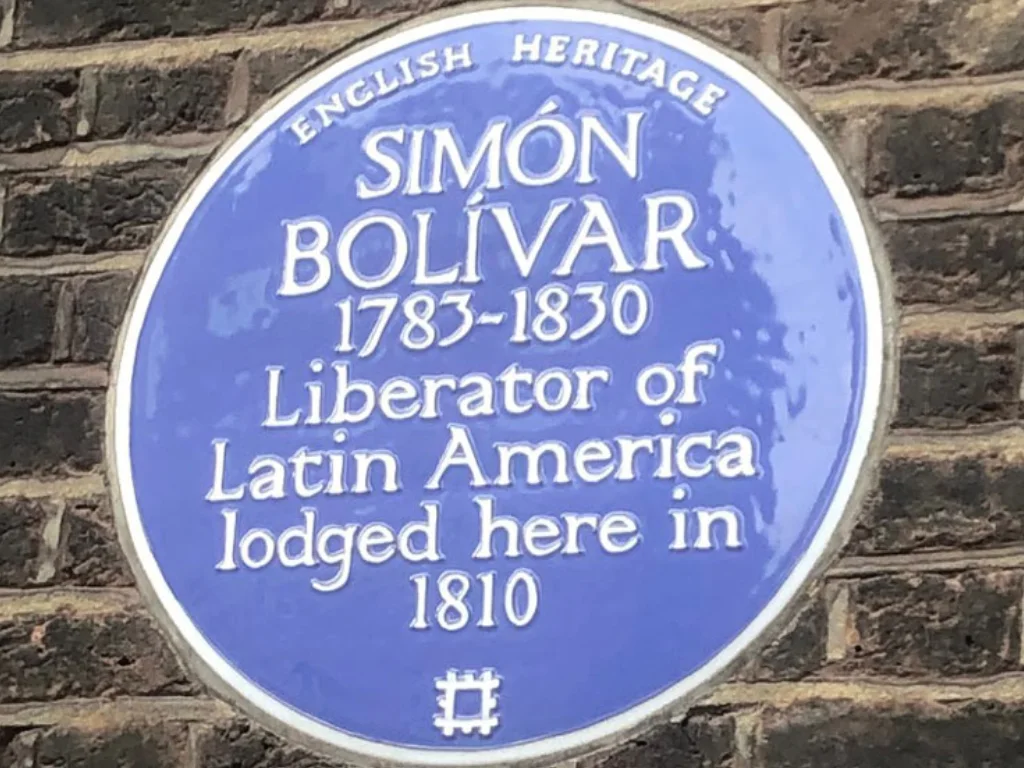
What is Bolivia known for?
These days, Bolivia’s known for its salt flats, flamingo lagoons, Cholita wrestling, and mad altitude. But politically? It’s famous for having kicked out the Spanish & named itself after the liberator who made it happen.
What’s the capital of Bolivia?
Bolivia actually has two capitals: Sucre is the constitutional capital, but La Paz holds the seat of government. It’s like a country that couldn’t quite decide, so it just went with both.
Bolivia’s always had a quirky political identity. You’ll see it pop up again if you’ve ever wondered why Bolivia has two capitals.
Bonus Fact: The Bolivian currency is the Boliviano (BOB) – so yeah, yet another nod to that wonderful chap mentioned above. I’d personally be beyond chuffed.
Final thoughts
So, who is Bolivia named after? A revolutionary – not a king, a conquistador or a colonial admin but someone who helped free the region from Spanish rule. Simón Bolívar may not have lived in Bolivia full-time but the country wouldn’t exist the way it does without him.
And for what it’s worth, I think “Bolivia” sounds miles better than boring “Upper Peru.”
Fun fact: You’ll see Bolívar’s name everywhere in Bolivia – plazas, streets, schools, cities, coins, beers. There’s even a department called Beni that wanted to be named Bolívar too but they missed the boat.
If you’re planning a visit soon, check when to go & why it matters, especially if you’re hoping to catch one of Bolivia’s unique holidays & traditions. Want to know what it’ll cost? I tracked exactly how cheap Bolivia is to travel, so you know what to expect. And if safety’s on your mind, here’s what you really need to know about Bolivia’s safety for tourists before heading off to liberate your own adventure.
Got a Bolívar statue snap from your travels or a fun fact I missed? Drop it in the comments – I’m always up for a comparison.
Happy Travels!



